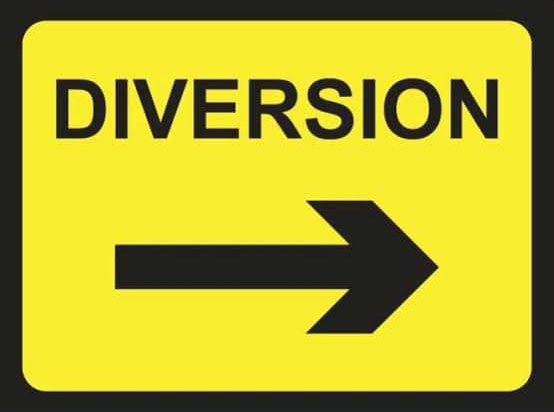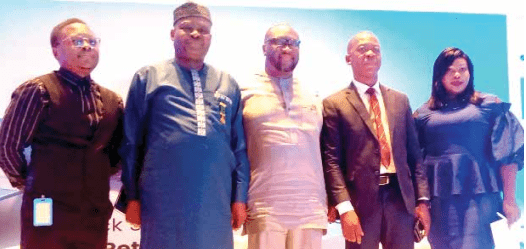Place your adverts here on InfoDig @ low rates; banner ads, sponsored links and guest articles etc. Contact us
Nigeria’s financial inclusion landscape has recorded some growth from 2016 to 2023, with formal financial service usage growing from 30 per cent to 50%.
Dr. Agama Emomotimi, the Director-General of the Securities and Exchange Commission (SEC), made the disclosure at the launch of the 3rd phase of the AFEC Financial Literacy and Inclusion Awareness Campaign, organised by the Abuja Enterprise Agency (AEA) in Abuja.
Dr. Agama, quoting the Enhancing Financial Innovation and Access (EFInA) 2023 survey, noted the remarkable growth in the adoption of financial services agents, which surged from 4.4% in 2018 to 54% in 2023.
He described this development as a positive step towards providing more Nigerians access to formal financial services, especially in rural areas.
“Financial literacy is crucial for making informed decisions and achieving financial well-being. Despite this urgent need, levels of financial literacy remain low,” said Dr. Agama.
He added that the campaign is a vital initiative aimed at improving financial literacy and empowering individuals to make sound financial decisions.
Represented by the Deputy Director of Market Development at SEC, Mrs. Ojone Kabir, Dr. Agama reiterated the SEC’s commitment to creating a more inclusive and equitable financial environment through awareness and practical financial knowledge.
Dr. Agama stated that Nigeria, with its dynamic economy, has the potential to remain Africa’s largest economy, but its growth is constrained by the limited financial capability of its population.
“The growing complexity of financial instruments, coupled with rising inflation and global uncertainties stemming from geopolitical tensions and climate change, underscores the urgent need for individuals to build financial capability and resilience,” he noted.
As part of its mandate, the SEC is responsible for regulating and developing a transparent capital market in Nigeria that instills investor confidence. “A key aspect of this developmental role is investor education and financial literacy,” Dr. Agama explained.
In his remarks, the Acting Managing Director of the Abuja Enterprise Agency (AEA), Chidi Ugwuada-Ezirigwe, noted the agency’s achievements in raising financial literacy and inclusion in the Federal Capital Territory (FCT).
According to him, the AEA has sensitised over 150,000 households and provided financial and business management education to 38,127 Micro, Small, and Medium Enterprises (MSMEs), enhancing their financial knowledge and decision-making capabilities.
He further revealed that the agency has facilitated access to financial services for unbanked and underbanked MSMEs in rural areas of the FCT, reaching approximately 30,000 MSMEs through various government and private intervention programme.
![]()
Tobi Adetunji is a Business Reporter with Techeconomy.
Contact: adetunji.tobi@techeconomy.ng

 2 hours ago
30
2 hours ago
30














)
